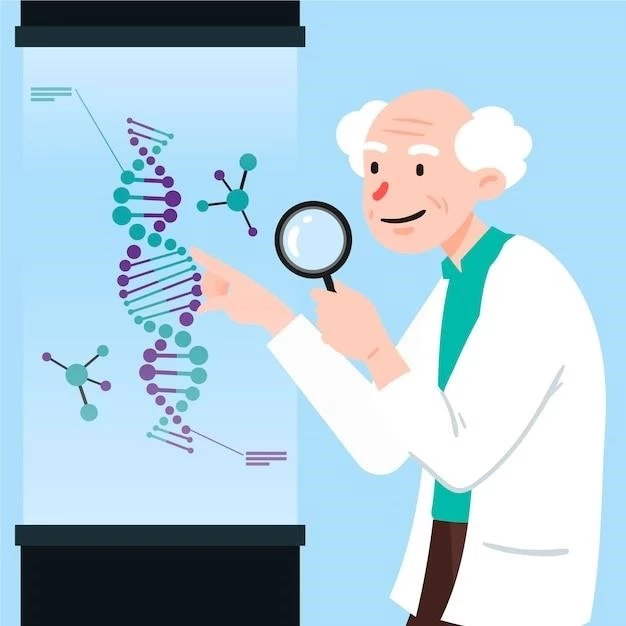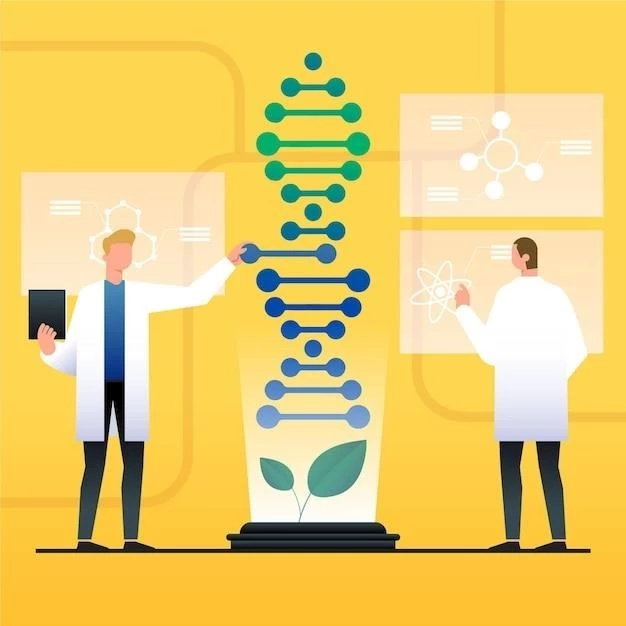Genetic factors play a crucial role in the etiology of 18-Hydroxylase Deficiency, often involving inherited traits that impact adrenal function.
Etiology of 18-Hydroxylase Deficiency
18-Hydroxylase Deficiency is primarily caused by genetic factors, with mutations in the CYP11B2 gene affecting the enzyme responsible for cortisol and aldosterone production. These genetic abnormalities lead to impaired steroid synthesis, resulting in a cascade of hormonal imbalances within the adrenal glands. The inheritance pattern of this condition is typically autosomal recessive, meaning individuals must inherit a mutated gene from both parents to manifest the deficiency. The genetic predisposition combined with environmental factors can influence the severity of symptoms and the age of onset in affected individuals.
Manifestations and Signs of 18-Hydroxylase Deficiency
Manifestations of 18-Hydroxylase Deficiency may include hypertension, electrolyte imbalances, hypokalemia, and hypernatremia. Additionally, affected individuals might exhibit symptoms such as muscle weakness, fatigue, and excessive urination due to dysregulated mineralocorticoid and glucocorticoid levels. In some cases, females may present with ambiguous genitalia and abnormal sexual development. These signs can vary in severity and may require comprehensive evaluation for accurate diagnosis and management.
Screening and Evaluation for 18-Hydroxylase Deficiency
Diagnosing 18-Hydroxylase Deficiency typically involves blood tests to assess adrenal hormone levels, electrolytes, and genetic testing to identify mutations in the CYP11B2 gene. Radiological imaging, such as ultrasounds or CT scans, may be utilized to evaluate adrenal gland structure. Additionally, specialized hormonal stimulation tests can help determine the specific enzymatic deficiencies. Early detection and precise evaluation are crucial for initiating timely treatment and preventing potential complications associated with the condition.
Therapeutic Interventions and Medications for 18-Hydroxylase Deficiency
Treatment options for 18-Hydroxylase Deficiency often involve hormone replacement therapy to manage hormonal imbalances. Medications like corticosteroids may help regulate cortisol levels٫ while mineralocorticoid replacement therapy can address aldosterone deficiency. Monitoring blood pressure٫ electrolytes٫ and hormonal levels regularly is crucial to adjust treatment as needed. In some cases٫ surgical interventions may be necessary to manage adrenal gland abnormalities. Collaborating closely with endocrinologists and genetic counselors can aid in developing personalized treatment plans for individuals with 18-Hydroxylase Deficiency.
Care Strategies and Support for Individuals with 18-Hydroxylase Deficiency
Managing 18-Hydroxylase Deficiency requires a multidisciplinary approach involving endocrinologists٫ genetic counselors٫ and specialized healthcare providers. Regular monitoring of blood pressure٫ electrolyte levels٫ and hormonal profiles is essential. Dietary modifications may be necessary to address specific needs related to electrolyte imbalances. Providing emotional support and education on adhering to treatment regimens can improve quality of life for individuals with this condition. Engaging in ongoing communication with healthcare professionals and staying informed about advancements in treatment can enhance overall care and well-being.
Advancements and Current Studies in the Field of 18-Hydroxylase Deficiency

Ongoing research in 18-Hydroxylase Deficiency focuses on understanding the molecular pathways underlying the condition, exploring new treatment modalities, and identifying potential targets for therapeutic interventions. Recent studies have investigated the role of gene therapy and pharmacological approaches to address enzyme deficiencies. Advancements in genetic testing techniques and personalized medicine offer promising prospects for tailored management strategies. Collaborative efforts among researchers globally aim to enhance diagnostic accuracy, treatment efficacy, and ultimately improve outcomes for individuals living with this rare genetic disorder.
Coping, Adaptation, and Lifestyle Tips for Individuals with 18-Hydroxylase Deficiency
Living with 18-Hydroxylase Deficiency requires individuals to adopt lifestyle modifications to manage their condition effectively. Regular exercise, balanced nutrition, and stress management techniques can promote overall well-being. Building a strong support network comprising healthcare professionals, family, and support groups can provide emotional assistance and valuable resources. Adhering to prescribed treatment regimens, attending regular medical follow-ups, and staying informed about the latest advancements in care are essential for maintaining optimal health and quality of life while managing this genetic disorder.
Recommendations and Suggestions for Support Groups and Additional Resources for Individuals with 18-Hydroxylase Deficiency
Individuals with 18-Hydroxylase Deficiency can benefit from joining support groups that offer a platform for sharing experiences and accessing emotional support. Online resources provided by reputable organizations and medical institutions can offer up-to-date information on treatment options and coping strategies. Seeking guidance from genetic counselors and participating in patient advocacy initiatives can empower individuals to advocate for their healthcare needs effectively. Additionally٫ enrolling in clinical trials and research studies can contribute to advancing knowledge and improving care for individuals with this rare genetic condition.
